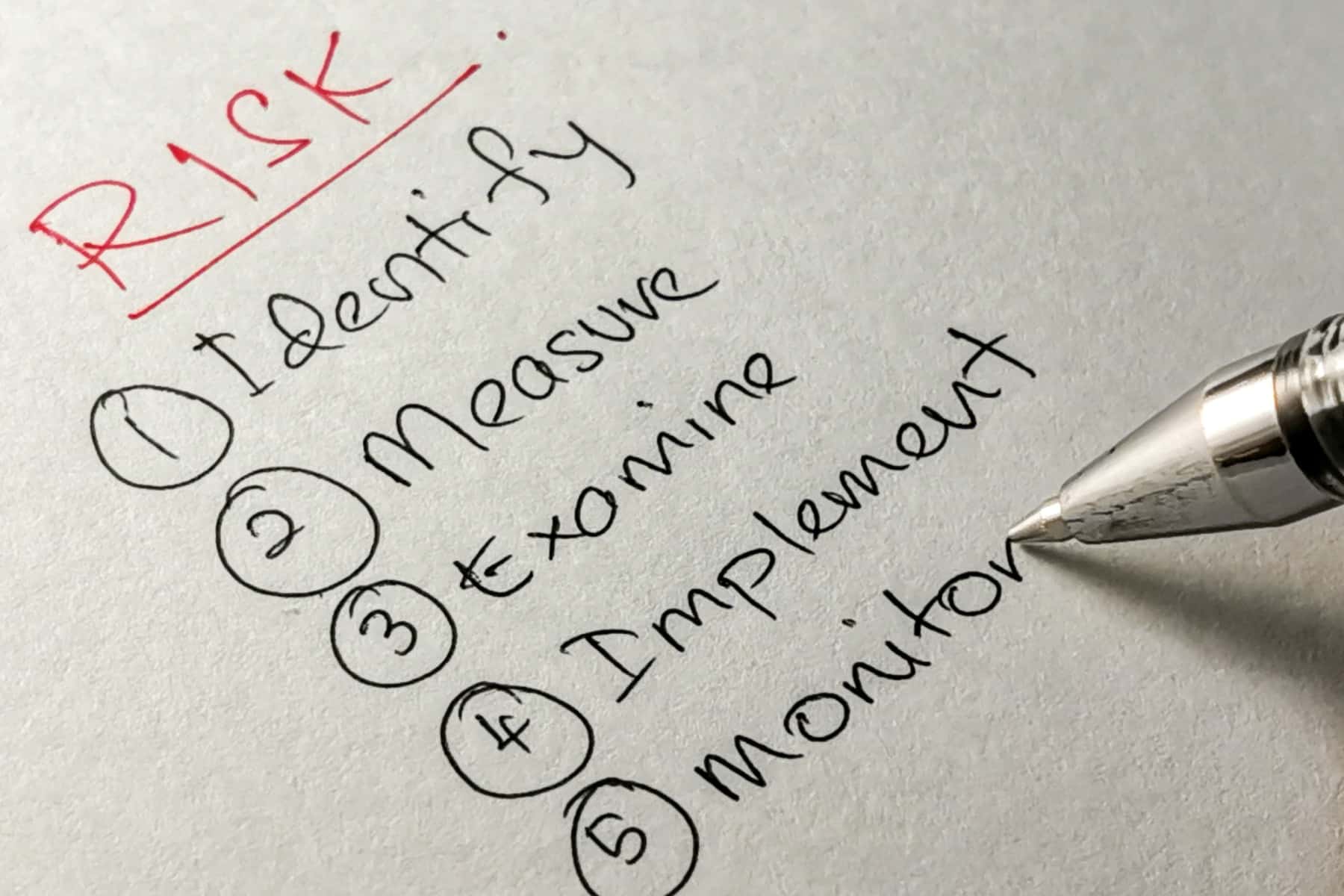Continuity in a Crisis – learning from Covid 19

Business continuity planning is all about preparing your business for the worst that can happen by coming up with a really detailed game plan for steering your business through any calamity.
Fail to plan, Plan to fail.
In the past, that plan may have only been there for your peace of mind as much as anything, a best practice safety net which (with any luck) you’d never have to actually use.
But with Covid-19, the worst has now happened. And chances are, it’ll keep happening for a good while yet – both in terms of further lockdowns, and the ongoing social and economic impact. So as well as considering the forward-focused ‘what if’ scenarios, your Business Continuity Plan (BCP) also needs to focus on the here and now, and what’s right around the corner.
That makes it all the more important to learn the right lessons from the first lockdown. So when (if?) the next one comes along – or even the one after that – you don’t make some of the same mistakes. With that in mind, we’ve come up with a few key tips on planning for another lockdown:
If you don’t have a robust BCP, get one fast
A lot of businesses weren’t prepared when the Covid 19 pandemic first hit. They ran around like headless chickens, scrabbling to get their staff out the door and working from home, without thinking through the implications – insurance, health & safety considerations, office set up including hardware requirements, IT security and inter-team communication needs. And okay, maybe you’re one of the lucky few that muddled through and continued delivering despite a lack of preparation. But there’s no harm and a lot of good that could come out of a quick review to check you’ve got everything lined up to keep your business running and your employees and customers happy.
Even if you have an effective plan, make sure to update it
One of the greatest dangers right now could be complacency – the sense that if you’ve weathered the storm so far, there’s no need to change anything. But when you developed your BCP, there was no way of predicting exactly the nature of the crises your business was going to face. Whereas now you and your teams have lived through this experience once and so can see some of the key challenges on the horizon – and come up with a plan that directly addresses them.
Review how well your BCP worked last time around
There’s no point updating your plan just for the sake of it. So take a really good, hard look at it – assessing how well it performed last time and identifying any areas (team communication, policies, processes, technologies, supply chain etc.) where you need to make changes. And canvas opinion from people across your company, to make sure your review covers more than just the big picture, operational issues. Were there small, but annoying and time consuming, IT niggles that now would be a good time to iron out?
Check that your BCP meets your compliance needs
Governments and regulatory bodies are constantly changing their recommendations and legal requirements for businesses. So you need to keep checking (and if necessary updating) your BCP, to stay compliant with the latest legislation – for example, in terms of employee safety and data security, ISO accreditation relies on companies having a robust BCP so don’t put any future certification at risk by not polishing up your plan to be relevant.
Check the technology your plan relies on
If there’s one IT lesson the pandemic has taught us, it’s how vital digital technologies (and especially cloud services) are to remote working. But if you changed IT systems in a rush, it’s possible that you overlooked some details, which could undermine your BCP. For example, do you have enough IT support or application licenses for your remote workers, or the right kind of insurance in place? And is your remote working set-up secure enough to ensure that one type of crisis doesn’t lead to another?
Don’t forget the human dimension
A BCP is designed to protect the parts of your company you need to keep it running, and that includes your employees. So make sure you consider the human impact not just of the pandemic, but the measures (like home working – check out our blog for Top Ten Tips) that you’re taking to deal with it. Focusing on a wider set of priorities, not just your employees’ productivity.
You want a happy and resilient workforce so your plan should include how your team managers have adapted to check in on health, general wellbeing and childcare needs.
Regularly test your BCP
If you don’t know if your plan will work, chances are it won’t. As we all know by now, a lockdown is an incredibly stressful time, and the last thing anyone needs is a response that has to be rewritten on the fly, in the middle of a crisis. Regular real-life tests, drills and simulations are the only way to really ensure that your business and your employees are lockdown-ready.
Set up a crisis communications team
However thorough it may be, a BCP is no use to anyone locked away in a drawer, or if it’s only properly understood by one or two people. A plan is only as effective as the way it’s communicated – not just to your employees, but to your customers, business partners and even regulators.
So if you don’t have properly prepared spokespeople in place, it’s all too easy, especially in our social media age, for messages to get muddled and for people to get confused.
Get your senior management team together and decide who and how you’re going to communicate the key messages to your key groups of people. Consider the technology you’re going to use for each group e.g. Zoom calls with your teams, emails sent from an emailing platform to your customer base, Social Media posts across all your channels if you’re having to shut up shop immediately, for example.
And don’t forget, just because these are crisis communications it doesn’t mean they shouldn’t still be written in your brand’s tone of voice.
Get expert help
In the situation we’re in right now, it’s hard enough for many businesses just to stay afloat, let alone take on a task as complex and demanding as updating a BCP, or developing one from scratch. However, it’s definitely not something you can afford to put off. So why not get help from a business continuity specialist? They’ll be able to take a really expert look at your plan, identify any weaknesses and suggest or implement improvements.
We are looking to partner
with ambitious
like-minded brands
Like what you’ve read and would like to know what else we know? Then get in touch.


